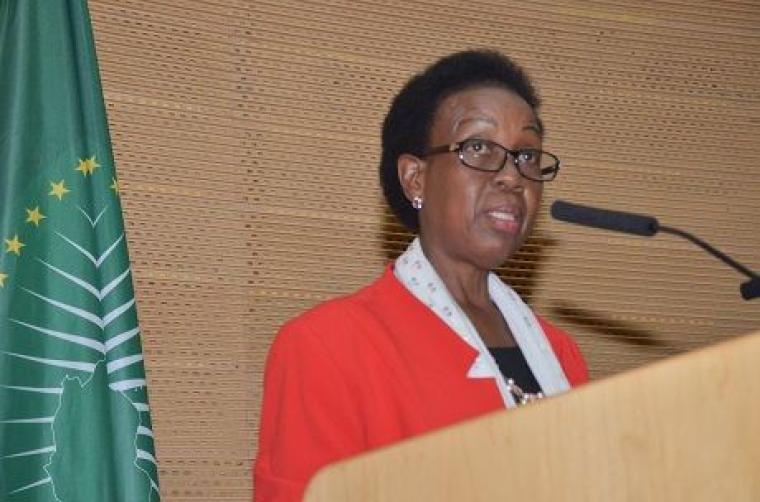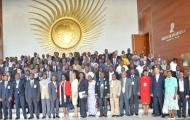Department Resources
The close of the last decade saw a heightened concern by the global community around the triple planetary crisis of biodiversity loss, cl
The African Union Commission (AUC) envisions “an integrated continent that is politically united based on the ideals of Pan Africanism an
Highlights of the cooperation with the GIZ-project “Support to the African Union on Migration and Displacement”
Violent extremism is a global issue.
CAADP Strategy and Action Plan: 2026-2035 (Building Resilient and Sustainable Agrifood Systems in Africa) at the AU Extraordinary Summit
Kampala CAADP Declaration on Building Resilient and Sustainable Agrifood Systems in Africa at Extraordinary Au Summit on The Post-Malabo
Climate change is arguably the greatest challenge facing humanity in the 21st century.



